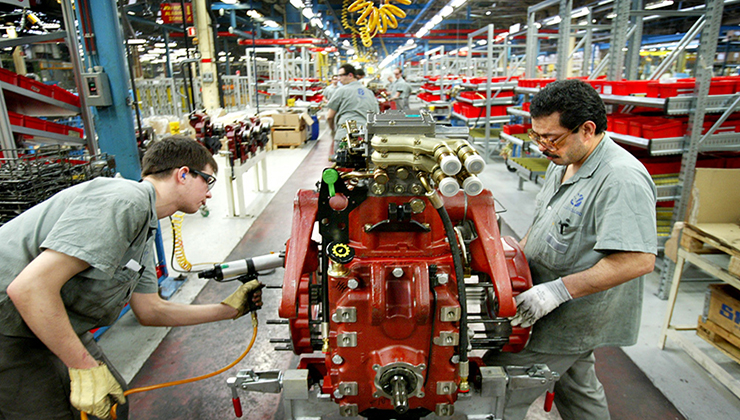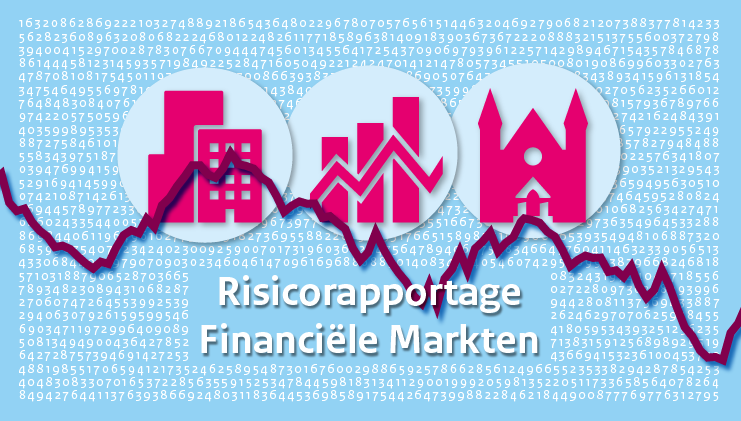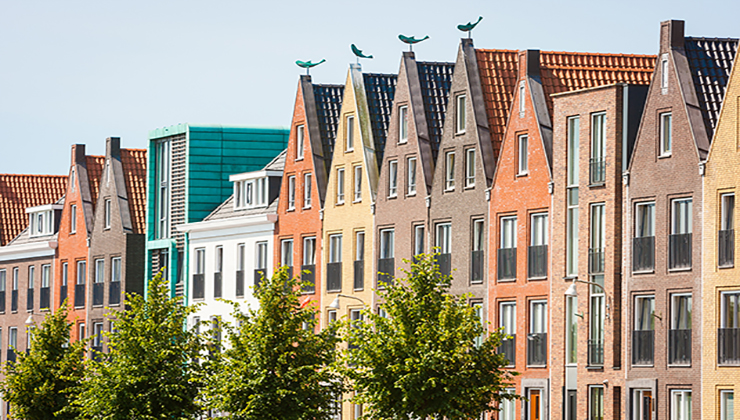Search results
Zo zeker als de bank?

Optimal capital ratios for banks in the euro area
Capital buffers help banks to absorb financial shocks. This reduces the risk of a banking crisis. However, on the other hand capital requirements for banks can also lead to social costs, as rising financing costs can lead to higher interest rates for customers. In this research we make an exploratory analysis of the costs and benefits of capital buffers for groups of European countries. →

Housing Market Effects of a Railroad Tunneling: Evidence from a quasi-experiment
The railroad tunnelling in Delft (the Netherlands) has led to substantial, additional, increases in residential property prices. Our results show that the price elasticity with respect to the distance to the (tunnelled) railroad would have been about 5 percentage points lower in case Delft would not have tunneled its railroad. →
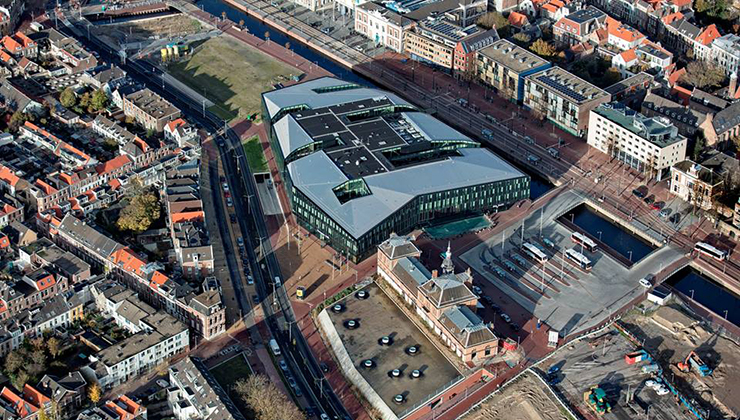
Risicorapportage Financiële markten 2021
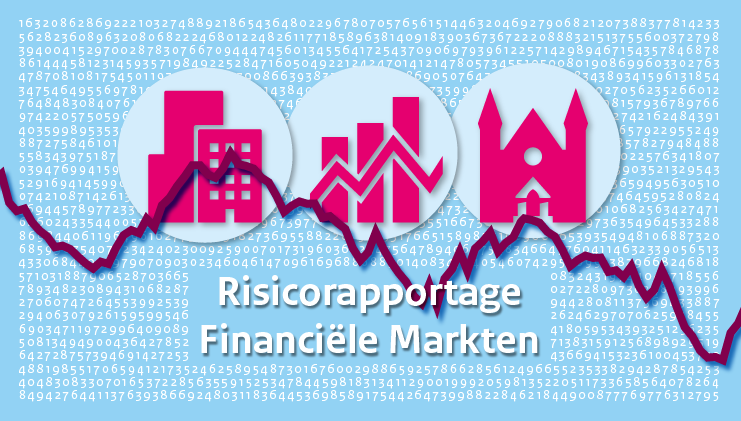
Business dynamics during the COVID pandemic
The corona crisis has visible consequences for economic activity in the Netherlands. In 2020, 6.5% fewer businesses with at least 2 employees were established. This decline is not limited to the sectors most affected by health restrictions, such as the hotel and catering industry, as almost every sector saw a decrease in the number of starters last year. →

Love is in the air

Stedelijk bouwen, agglomeratie-effecten en woningprijzen
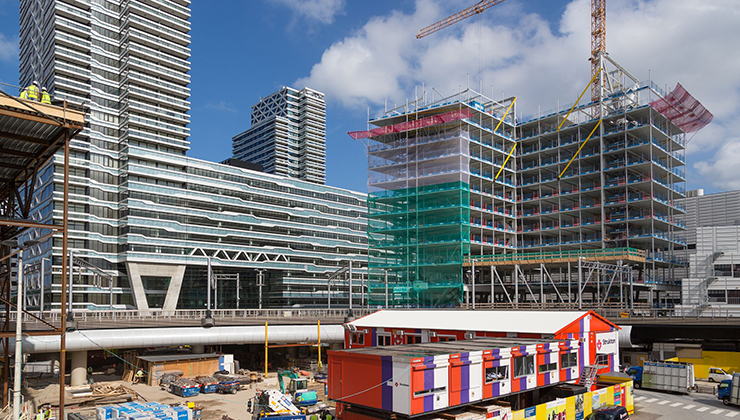
Publication year
Authors
- Beau Soederhuizen (4)
- Benedikt Vogt (3)
- Harro van Heuvelen (2)
- Joep Tijm (2)
- Sander Lammers (2)
- Adam Elbourne (1)
- Bastiaan Overvest (1)
- Bert Kramer (1)
- Daan Freeman (1)
- Fien van Solinge (1)
- Fozan Fareed (1)
- Gerdien Meijerink (1)
- Jennifer Olsen (1)
- Jeroen Hinloopen (1)
- Koen van Ruijven (1)
- Leon Bettendorf (1)
- Rob Luginbuhl (1)
- Show all
